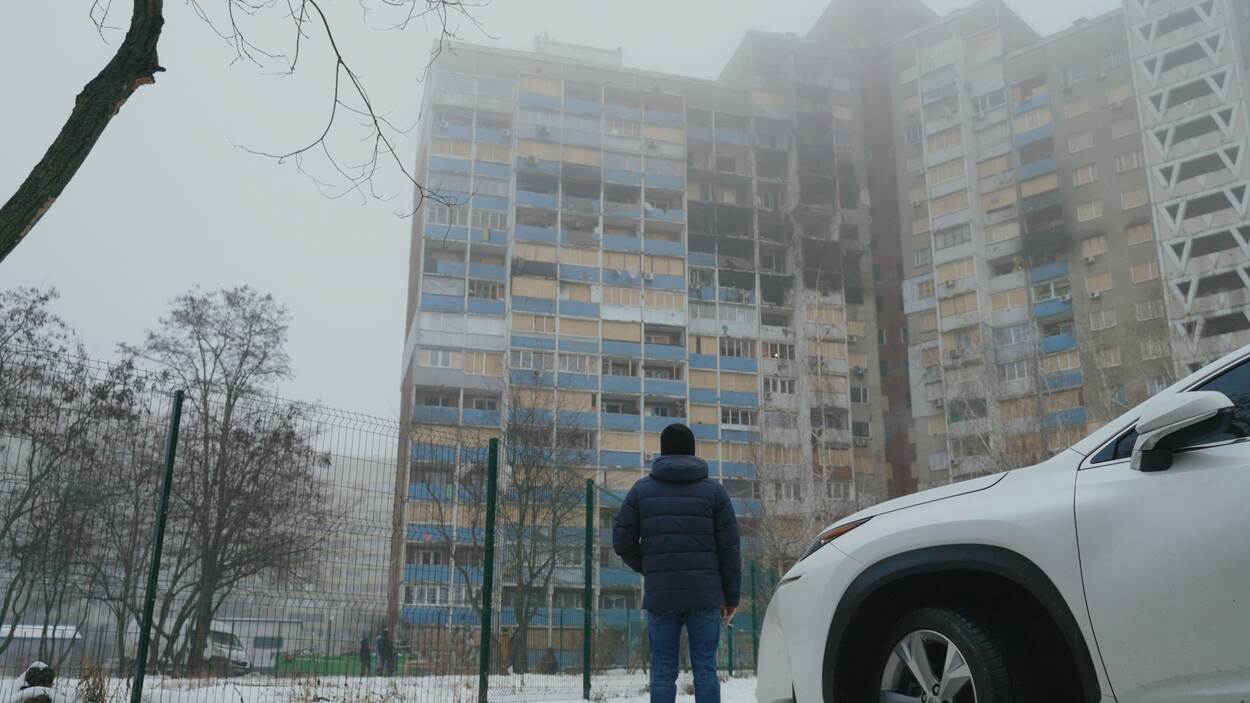Update on long-term policy for refugees from Ukraine
In October 2022, the European Commission extended the temporary protection under the Temporary Protection Directive until 4 March 2024. This Directive gives refugees from Ukraine the right to accommodation and medical care. It also gives minors from Ukraine the right to attend school and allows Ukrainians to work here. Given the current state of the war and based on the early warning reports issued by the Clingendael Institute, it’s expected that many refugees will not return to Ukraine in the short term, while there continues to be a steady influx of refugees. In this situation, the government is focusing on the long term, in particular by taking steps to encourage more participation in Dutch society and self-reliance among refugees from Ukraine. In recent months, the Ministries of Justice and Security, of Social Affairs and Employment, of Education, Culture and Science, of Health, Welfare and Sport, and of the Interior and Kingdom Relations, together with organisations such as the Immigration and Naturalisation Service, the Repatriation and Departure Service, and the Association of Netherlands Municipalities, worked on policy frameworks in line with this. This press release is an update on the press release published in October 2022.
Participation and self-reliance
In its plans for the long term, the government aims to encourage social participation and self-reliance among refugees from Ukraine. They are being supported to participate in Dutch society as much as possible, such as by working or attending education. This will also enable them to gain knowledge and skills they can use in Ukraine once the situation allows them to return.
Detailing of measures in connection with longer stay
The government is detailing possible measures for various policy areas in connection with the longer stay of Ukrainian refugees. This will first require detailed reviews of various matters. The measures will be detailed over the course of 2023.
It’s now clear that the war in Ukraine will continue for a longer time. Therefore, we will need to look into the options for providing more long-term accommodation suitable for a longer stay. At the same time, due to the continued influx of refugees, the demand for reception spaces continues to steadily increase. It’s expected that 90,000 municipal reception spaces will be required by 1 July 2023. The security regions and municipalities are aware of this and will continue to strive to create sufficient reception spaces for this group. Furthermore, in early 2023 the government will explore whether it’s possible to let refugees from Ukraine with income of their own pay towards the costs of their reception. In addition, the Ministry of Justice and Security is looking into the best way to deal with the right of residence once the temporary protection ends, and into preparations for the return of refugees to Ukraine once the security situation there permits it. As it is still too early to plan for this, both of these matters will be explored at the national level and from a European perspective in the first half of 2023.
Many of the Ukrainian refugees staying in the Netherlands are working. The government is pleased to see this, but many of these refugees work in sectors that are not a good match with their training or previous work experience. To facilitate optimal social participation and self-reliance, refugees from Ukraine should preferably, where possible, work in sectors that match with their training, or sectors of critical social importance with labour shortages. This is beneficial to the refugees themselves and important for the labour market. A great example of steps taken towards this goal is the plan to help Ukrainian psychologists find work in the short term as a basic psychologist, coach or trainer, so that they can provide mental support to refugees from Ukraine with psychological complaints. In the coming period, the Ministry of Social Affairs and Employment will explore possibilities to help increase the social participation of refugees from Ukraine and improve their position on the labour market.
The refugees from Ukraine also include many children and adolescents of school age. The government facilitates a smooth transition of Ukrainian pupils and students to a (regular) educational offering appropriate to their level of learning. The Ministry of Education, Culture and Science is working on measures contributing to this.
When it comes to healthcare, refugees from Ukraine are eligible for reimbursement of costs of medical care under the Regulation for Medical Care of Displaced Persons from Ukraine (Regeling Medische zorg Ontheemden uit Oekraïne, RMO). The RMO will continue to apply at least through the first half of 2023. In addition, like others in the Netherlands, refugees from Ukraine are eligible for care made available by municipalities under the Youth Act (Jeugdwet), Social Support Act (Wet maatschappelijke ondersteuning, Wmo) and Public Health Act (Wet publieke gezondheid, Wpg). The healthcare made available under the Wpg consists of the basic duties in the area of youth healthcare, the National Immunisation Programme and prenatal home visits. Given the exceptional context, the policy in this area is constantly reviewed to determine if adjustments are needed.
Originally published at https://www.government.nl/latest/news/2022/12/16/update-on-long-term-policy-for-refugees-from-ukraine



